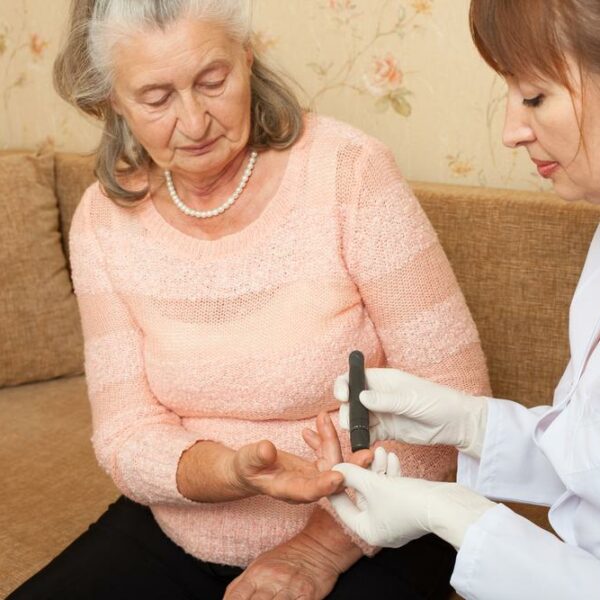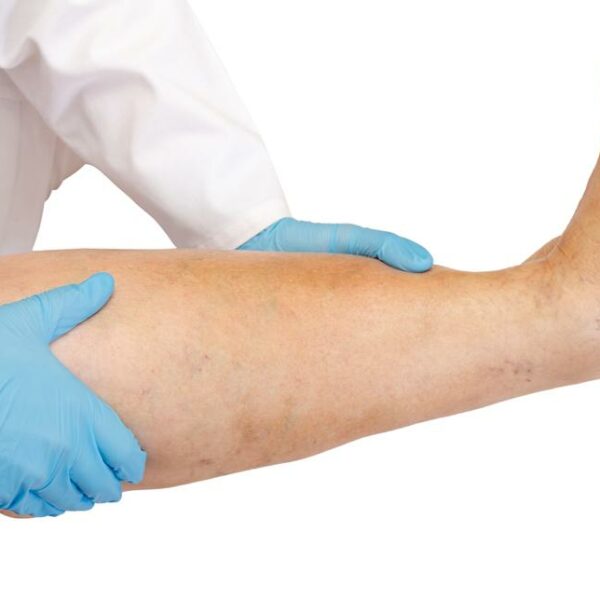
Psoriasis – symptoms, causes, and treatment options
Psoriasis is an unusual skin condition that influences the skin cells to multiply a lot faster than usual. It is marked by the development of red, bumpy patches covered in white scales. The condition usually occurs during early adulthood and affects either a small or large area of the body. Here are the symptoms and causes of psoriasis, as well its treatment options, that you must be aware of: Symptoms The symptoms of psoriasis are diverse and differ from person to person. Here are some of the most common signs of the condition: Tiny, scaly spots on the skin Thickened or ridged nails and nail pitting Unusual itching, soreness, or burning in affected areas Psoriatic arthritis, in which the joints swell and stiffen Cracked, dry skin that may itch and bleed Causes There isn’t much clarity on what causes the abnormal generation of skin cells. However, based on research, psoriasis tends to be hereditary and can skip generations before affecting a biological member of the family. Some studies suggest that apart from genetics, environmental factors also trigger the condition. Here are some known causes of the condition: Strep throat or skin infections Extremely dry or cold weather conditions Physical, psychological, psychosocial, and psychospiritual stress Excessive alcohol consumption Cigarette smoking and secondhand smoke Skin issues that include cuts or scrapes, bites from bugs, and severe sunburns Blood pressure medications, such as beta-blockers Treatment There is no cure for the disorder, but there are treatments that can greatly help reduce its symptoms.









